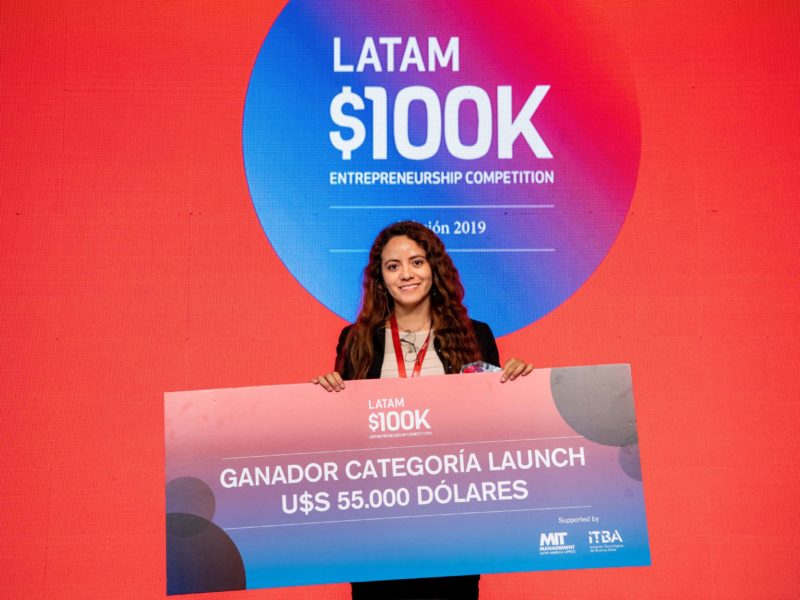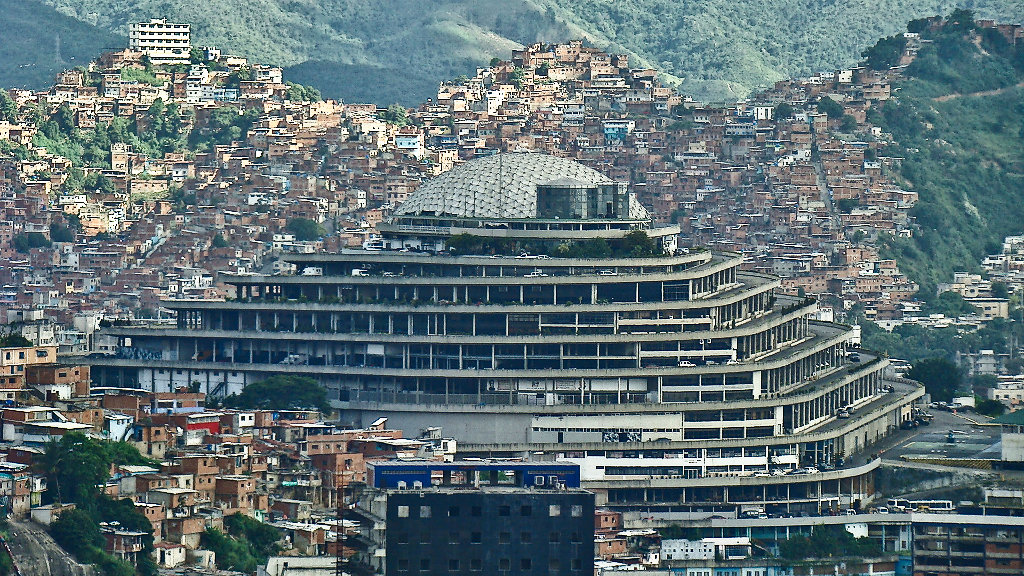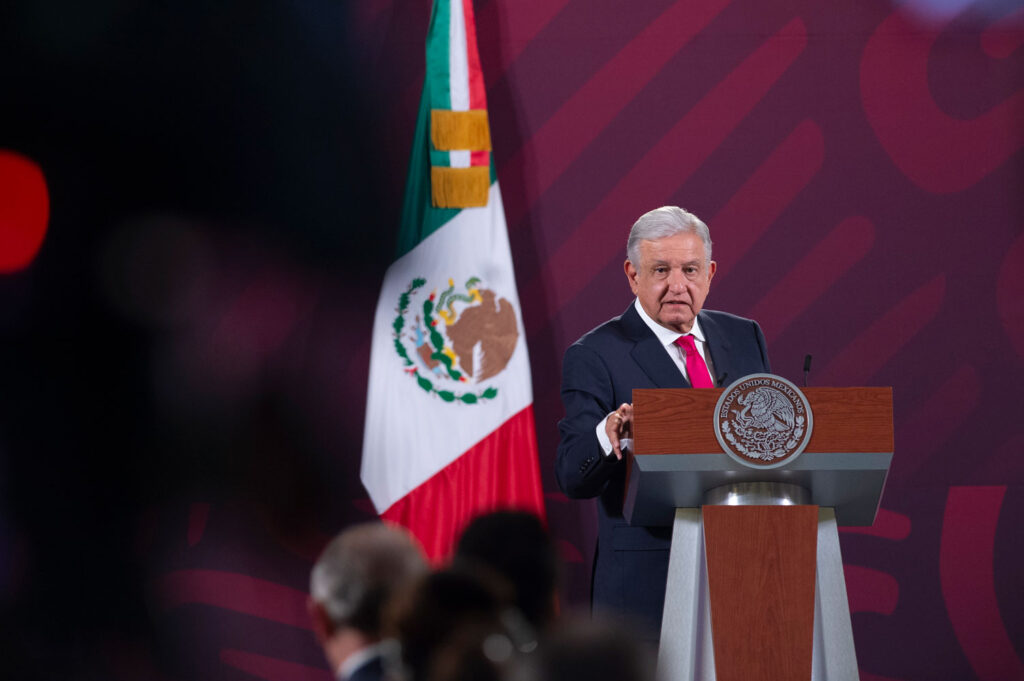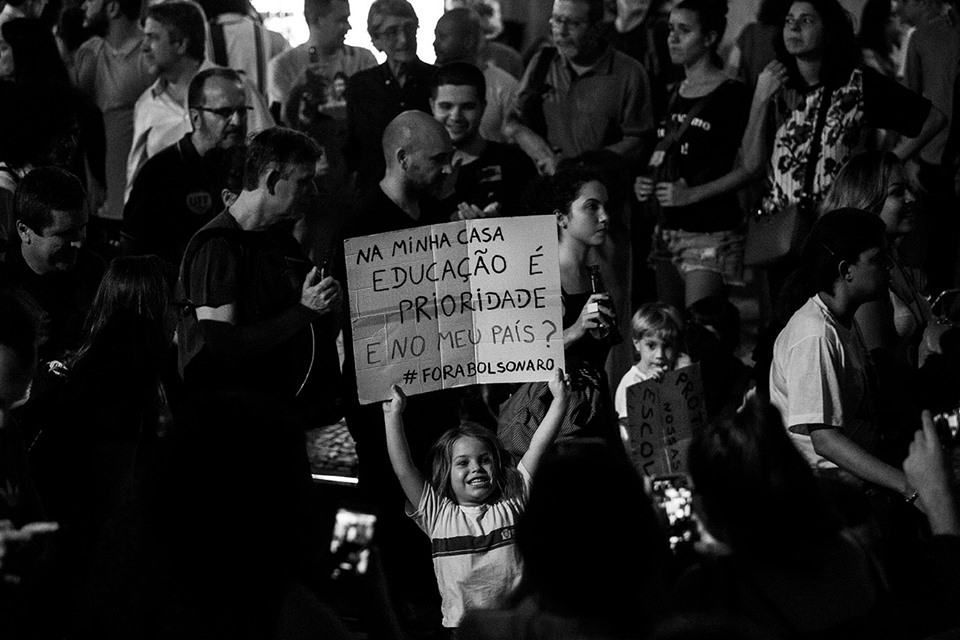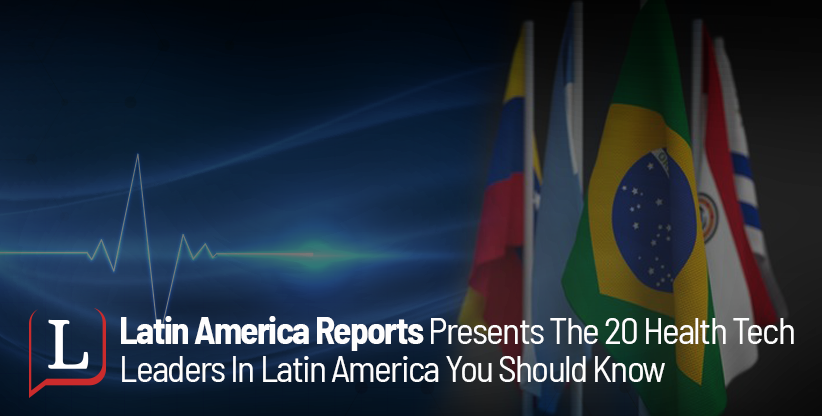Fifteen finalists for the decorated 100K LatAm competition will square off on Tuesday to award the Latin American startups with the most promising ideas. Winners will be chosen according to three categories: pitch, accelerate and launch, as a team of judges made up of entrepreneurs and those in the startup industry rank their favorites. Each startup is judged off its ability to leave a major impact on the region’s health, environment and economy, among other areas.
The annual competition is run by the Technical Institute of Buenos Aires (ITBA) in conjunction with the Massachusetts Institute of Technology’s (MIT) Sloan Latin America Office. This year, more than 1,380 startups and projects took part in the competition, representing 16 countries throughout Latin America and the Caribbean.
“In this strange and uncertain year, I want to share the joy of having been able to keep supporting entrepreneurs in the region and to continue highlighting their talent and dedication,” said Nicolás Bacqué, the general director of ITBA’s Development Institute.
The 15 finalists who will be competing in the three categories hail from Argentina, Bolivia, Brazil, Chile, Colombia and Mexico. A collective purse of $100,000 in rewards is up for grabs.
The pitch category will measure which startup has the best initial idea. One promising ideas comes from Argentina’s BioSynaptica, which says it has come up with an innovative treatment to fight neurodegenerative diseases.
In the accelerate category, the five finalists will be measured on which development-stage startup that is just beginning sales can have the greatest impact. One fascinating idea comes from Mexico’s Audiciones Latinas, a SaaS platform utilizing artifical intelligence that gives Spanish-speaking artists a way to look for gigs and business opportunities. Audiciones Latinas is joined by two other Mexican startups, as well as companies from Argentina and Bolivia in the category competing for a $20,000 first-place prize.
And, finally, the launch category will look at the five finalists that are at more developed stages of business. Eco Panplas of Brazil, for example, has come up with a system of recycling plastic that doesn’t use water and doesn’t generate any waste. The winner of the launch category receives the competition’s biggest prize: $55,000.
Despite the economic difficulties facing the region, which is expected to experience at least an 8 percent contraction of total GDP because of the coronavirus, Bacqué said these startups and the support their receiving show reason for optimism.
“It’s clear how important a robust ecosystem that gives opportunities and incentive to entrepreneurs is and – at the same time – it’s clear how crucial it is to grow that ecosystem to reach the required scale,” Bacqué said. “In our countries, this scale exceeds national innovation systems, which would be inherently regional. That’s why this should be a time for optimism.”


